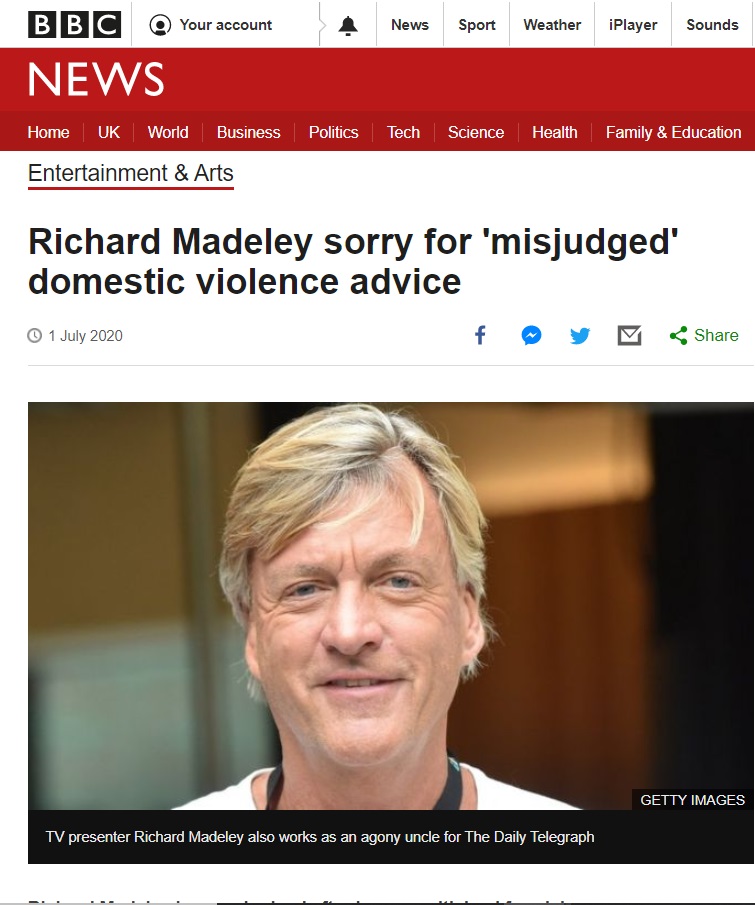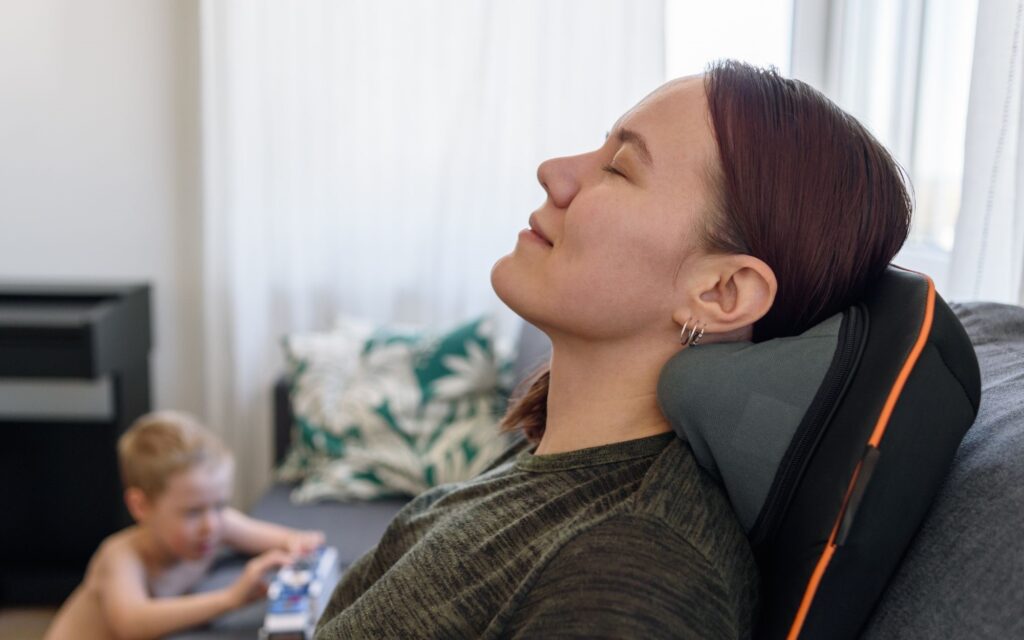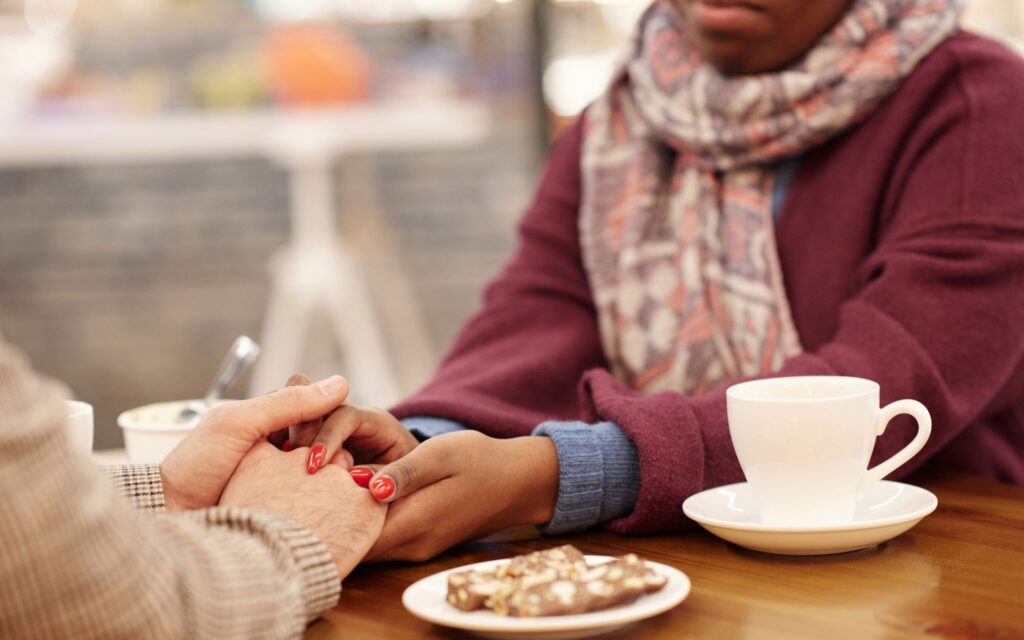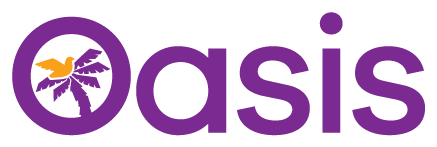In 2020, we are not only facing a global crisis caused by the Coronavirus pandemic, but we continue to face a global issue when it comes to the attitudes towards domestic abuse. Richard Madeley’s irresponsible comments recently are just one symptom of a virus that has spread through our society for decades, centuries and millennia – that of ignorance and flippancy when it comes to issues of domestic abuse, and of attitudes towards victims and survivors.
“If some sort of serious abuse was involved you’d have noticed it (in the form of black eyes, cut lips and the like, or late night visits from the police after drunken 999 calls). If they were going to kill each other, they’d have done it by now.” says Madeley, in response to a reader asking what she should do about hearing bangs, crashes and shouting from next door most nights.
Domestic violence is a very real issue and not only do comments like these make light of a very real risk of danger and indeed fatality, they perpetuate an outmoded, outright untruth that abuse is always physical and always obvious.

Two women a week in the UK are murdered by a current or ex-partner. That’s nothing to be flippant about and it’s certainly not ok to wait until a fatality happens for action to be taken or abuse to be recognised.
Violence is commonplace, but domestic abuse is far more complex and nuanced than just physical harm. Domestic abuse is a pattern of behaviour that uses power to control a person with whom the abuser has a close relationship. It’s about someone you know trying to control your life. Abuse isn’t just physical; it is controlling, coercive or threatening behaviour, violence or abuse. This includes (but is not limited to):
- Psychological abuse
- Physical abuse
- Sexual abuse
- Financial abuse
- Emotional abuse
There is no set ‘routine’ or ‘role’ of a perpetrator – some have always used abuse to control their partner, for some, it can build over time or be triggered by an event. Just like no two humans are the same, no two acts of perpetration or experiences of abuse are the same.
In 2015 ‘coercive control’ became an offence in law and this shows how far the conversation has come – from tolerating what goes on behind closed doors, to understand that domestic abuse need not be physical but can be psychological, emotional or financial, to criminalising the sustained pattern of behaviour that is fundamentally about power and control. We support many women who have never been hit but have nevertheless been abused for years.
When the first women’s refuge, Chiswick Women’s Aid, was opened in 1971 by Erin Pizzey, domestic abuse was seen as a private matter, not seen as an issue for the police but something to be dealt with behind closed doors. You didn’t wash your dirty linen in public. If the police were called at all, they might say ‘It’s just a domestic’.

The early refuges forced domestic abuse out of the shadows and their very existence provided evidence of need. They were set up not as a planned and ‘professionalised’ intervention but a radical solution to a problem. A problem that has persisted since, despite many organisations, like Oasis’s, efforts to tackle the causes and consequences of domestic abuse since then.
Refuges are now seen as an essential part of our social safety net. In an ideal world, we wouldn’t need them at all. The early refuges started the work and they started the public conversation and we have come a long way since then, but there is still far to go – 1 in 5 adults will still suffer domestic abuse at some point in their lifetime.
As we hurtle into the most challenging period in this century’s history, we have to ask ourselves how much of the stigma, and ‘behind closed doors’ attitude has changed. Madeley’s comments come from a place where this kind of thinking is default. But how can we change that?
Educating children, young people and parents is absolutely vital in our fight against this unspoken ‘invisible enemy’. As our Government moves towards passing the Domestic Abuse Bill, it’s paramount that it becomes everyone’s business to know about, identify and call out abuse. It’s not a private matter, it’s a public responsibility.
The explosion of social media into our society, onto our screens and into our psyche creates yet another lens through which abuse can infiltrate and be invisible to the naked eye. Trolling, stalking, ghosting, gaslighting are now familiar, everyday terms and with that familiarity comes acceptance. The perfect family is purported on social media, displayed in an Insta-tastic, supposedly-attainable lifestyle. It’s fake news. In times like these, we seek out escape and fantasy but if we only seek the light, darkness can pervade.
When someone is being harmed this is a matter for all of us to object to, to say we will not allow this in our progressive society. It is not a matter for us to judge, to look down upon or to decide who is right and who is wrong. It is for us to acknowledge the harm, to recognise its impact on individual human beings, how they feel and act in the world, and to say we want everyone to have a chance to know that it’s okay, it wasn’t their fault, they didn’t do anything to deserve that and we are here to help. To those that harm we might also see the ways they can and should be helped and, of course, held to account.

At Oasis, our vision is “A world free from abuse”. We’re not looking to immunise against the impact of domestic abuse, we want to eradicate it. We help schools to educate their pupils, teachers and pastoral staff. Our Just So You Know workshop is delivered in schools, focussing on consent, grooming and healthy relationships. In the last year, 664 children and young people attended these workshops across Kent. We help companies and organisations put policies in place to support victims of abuse, and offer community groups resources to inform and educate. We have important information on what domestic abuse is, how to look for signs, how to help yourself or someone you know to plan their journey to safety. And of course, our refuges in Dover and Thanet are helping women and their families rebuild their lives.
The impact of domestic abuse is terrible, and the effects can last for years. But we are also hopeful for the future. The inspiring women who it has been our privilege to work with remind us of that daily, and why calling out comments like Madeley’s will cause us and our community to raise our voices and continue to shout loudly that it’s “Everybody’s Business to call out domestic abuse” until we no longer have to be witness to inaccurate and flippant responses like these.
Get support
Call our helpline on 0800 917 9948 (Monday, Tuesday, Wednesday 09:30–11:30am, 12:30–2:30pm
Thursday and Friday 09:30–11:30am, except bank holidays) or email helpline@oasisdaservice.org (if it’s safe to do so)
If you or your family are in immediate danger please call the police on 999 (if you can’t speak, cough or tap the handset then press 55 on your phone – the police will know it’s an emergency)
In a non-emergency situation, you can call Kent Police on 101.
*All images used on this website are representative. All names are anonymised for people’s safety.

